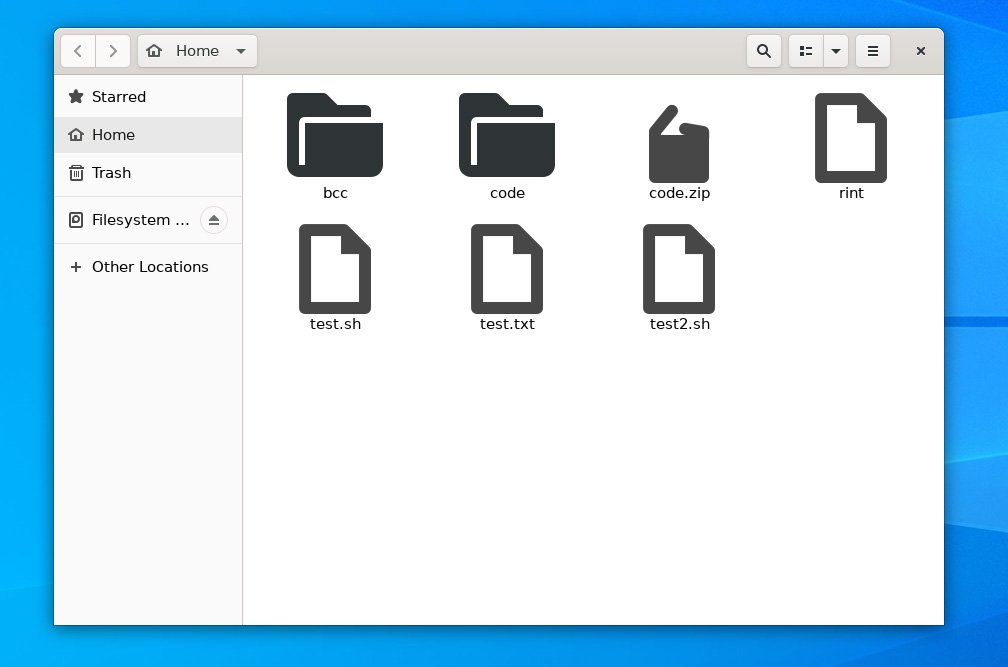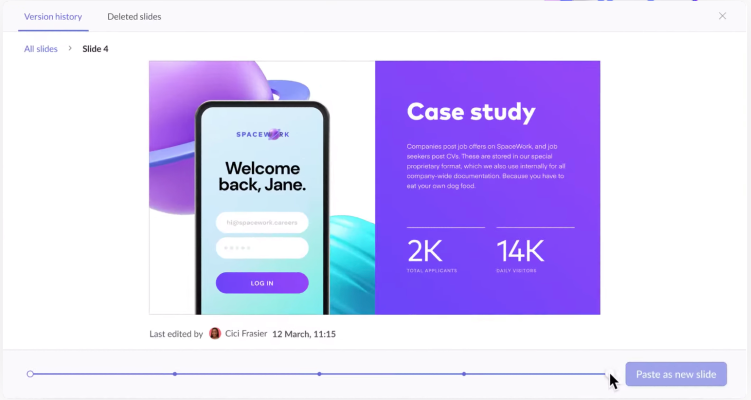Microsoft recently announced that Windows Subsystem for Linux (WSDL) will be able to run Linux GUI apps. BleepingComputer already tested it. Without having experienced it myself, it feels like hell is freezing over. Nobody, ever, would have expected Linux to make an impact on Desktop computing. Seeing this come through Microsoft seems even more bizarre. This way, Linux can find a way to a really huge audience, possibly making it the first year of Linux on the Desktop.

Windows 10 preview builds can now run Linux apps directly on the Windows 10 desktop using the new Windows Subsystem for Linux GUI. In this article, we go hands on with the new WSLg feature to demonstrate the types of graphical Linux apps you can now run.
Source: Hands on with WSLg: Running Linux GUI apps in Windows 10





